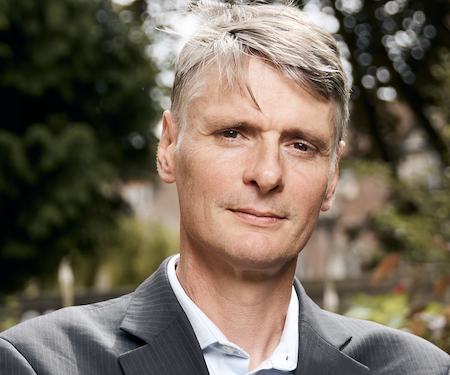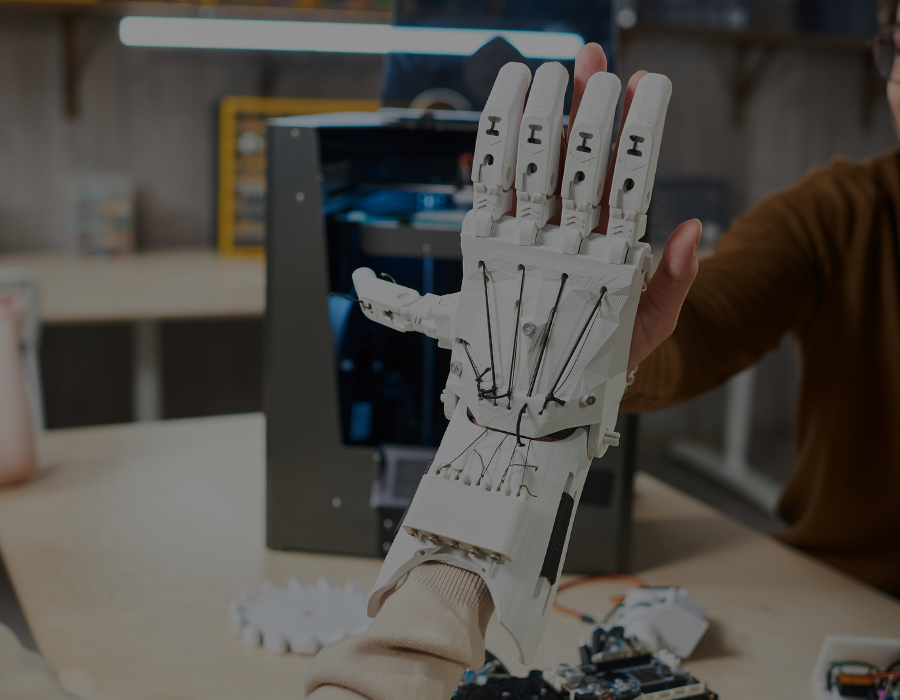Anyone who follows the public conversations about AI has heard claims about the technology’s potential to transform society. From those working in academia and industry to develop AI systems, to those in the public sector looking to apply AI to policy challenges, the aspirations for AI couldn’t be higher.
But in a year that’s seen breathless excitement about AI, we have to remember that realising these aspirations will require more than enthusiastic policy proposals or technical progress that doesn’t reach beyond the lab. It will require bridging the gap between AI development and public value, in ways that make a tangible difference to people and society.
ai@cam launched the AI-deas initiative to do just that. The aim is to build on computer science’s successful history of applying challenge-led research to drive progress in our technical capabilities, and to use these approaches not only in technology development, but in solving problems and improving lives.
Mission- or challenge-led innovation has been a focus of a variety of research and policy initiatives. Such efforts show us some shared features that make challenge-led research successful:
- It is bold and ambitious, encouraging innovative approaches that might otherwise not happen;
- It has a clear direction or goal, framed around a clear vision, timeframe, and target for success;
- It encourages interdisciplinary collaboration, engaging multiple communities and stakeholders and allowing space for co-design;
- It convenes partners across academia, public sector, civil society, industry and beyond;
- It involves the perspectives of affected communities in research design;
- It creates space for some ideas not to work.
The AI-deas initiative aims to reflect these features in practice. In July 2023 we invited Cambridge researchers to submit concept papers that outlined ideas for AI research that serves science, citizens and society. On 30 November 2023 (the day we are publishing this post), we’re bringing together the 70+ researchers who contributed to those concept papers, to discuss their ideas and draw connections between them.
Our goal is to lay the foundations for interdisciplinary research collaborations that develop and apply AI to tackle societal needs. ai@cam will then help realise the most bold and ambitious of those projects with seed funding and support to get them off the ground.
We believe in the hugely beneficial potential of AI. We also believe in the talented, collaborative community of researchers across the University of Cambridge (and beyond), who are dedicated to realising that potential. Our aim is to bring that community together, and provide the support it needs to drive AI that serves science, citizens and society.








